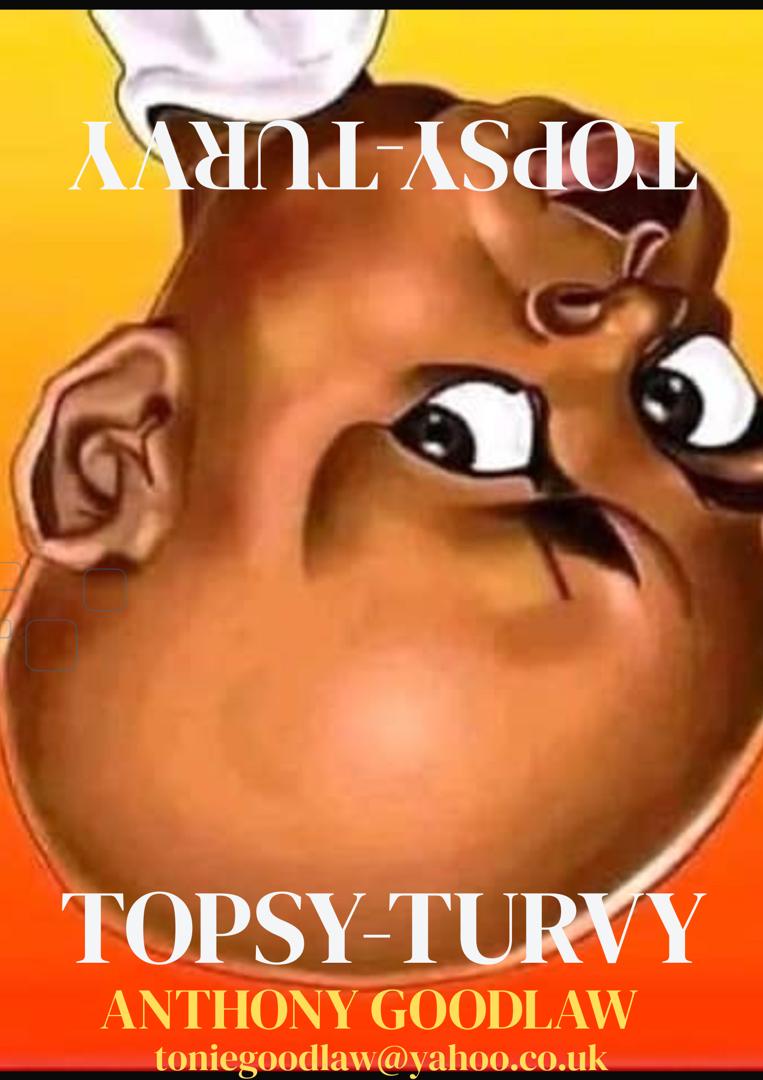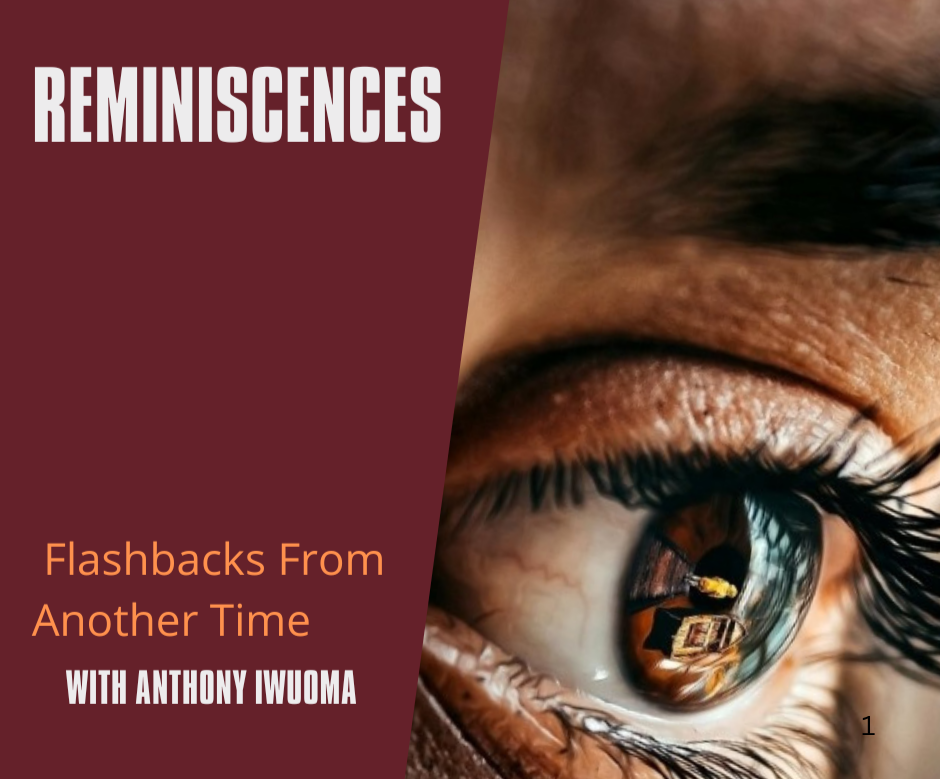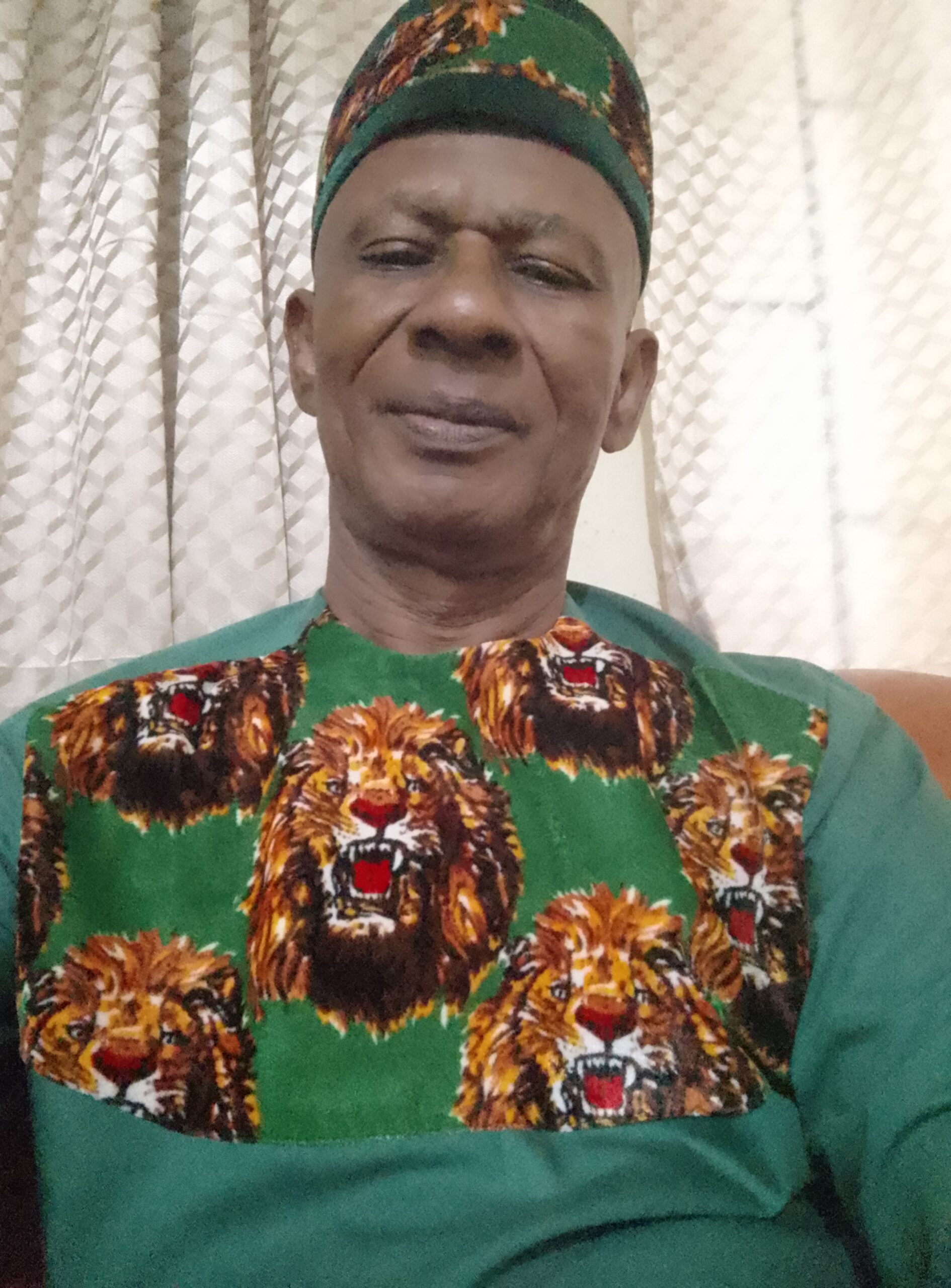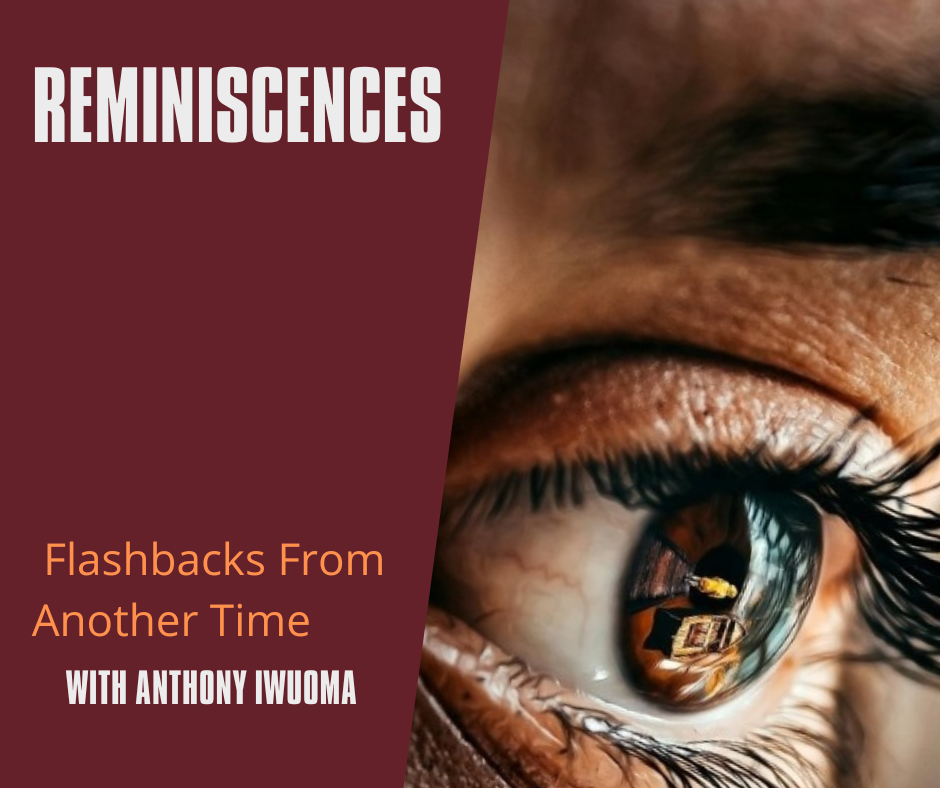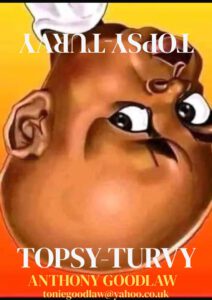
Welcome to Topsy-Turvy, a column curated not just for commentary but for confrontation. Not the kind that starts street fights, but the kind that picks a mental brawl with the sacred cows of society. Here, we’ll wrestle with contradictions. We’ll flip the tables of hypocrisy. We’ll dissect the many ironies that make Nigeria, and the world, both a bewildering paradox and a never-ending source of intellectual theatre.
Nigeria is not just a country; it is a riddle. A vibrant, volatile, visionary enigma. A nation so rich, yet so poor; so religious, yet so reckless; so talented, yet so tragically underachieving. If countries were novels, Nigeria would be magical realism; only here, the magic is chaos, and the realism is heartbreak. This is the nation where power weakens, faith manipulates, and the economy thrives on illusion.
Let’s begin our journey at these three foundational crossroads: Power, Faith, and Economy.
- Power That Weakens: The Art of Leadership Without Light
In Nigeria, the higher one rises in public office, the further they fall from public service. Power, here, is not about governance; it is about insulation. It is the construction of an alternate universe, where potholes disappear, queues dissolve, and consequences die. This universe is populated by armoured convoys, peppered with protocol, and bathed in flattery.
Our brand of power does not empower. It alienates. It detaches. It devours accountability.
A local government chairman, who used to trek, now moves in a Hilux caravan with sirens loud enough to wake ancestors. The moment a Senator is sworn in, his vocabulary shifts from “we the people” to “my people,” and that subtle pronoun shift becomes the foundation of empire. Power, in Nigeria, has no expiry date. Once tasted, even in diluted form, it intoxicates; permanently.
This is a country where public officials visit hospitals only to commission them, not to use them. Where ministers of education send their children abroad, and ministers of health fly to the UK for check-ups, all the while launching reform “frameworks” at Sheraton. The absurdity? They do it with fanfare. And we, the governed, often clap.
Our power structures are not built to serve. They are built to shield. We erect fences higher than the hopes of the masses. We draft budgets fatter than the GDPs of small countries, yet we cannot provide safe water, functional policing, or uninterrupted electricity. The real paradox? Many of those who scream for change today would replicate the same abuses if placed in power tomorrow. It is not just about bad leaders; it is about a broken template for leadership that rewards impunity and punishes principle.
In Nigeria, the problem is not powerlessness; it is the misuse of power by the powerful and the romanticism of power by the powerless. A dangerous cocktail that sustains a toxic loop.
- Faith That Frightens: The Blessing That Became a Blindfold
We are a deeply religious nation. Too religious, perhaps. In fact, the average Nigerian wears faith like perfume, sprayed on loudly, confidently, and often indiscriminately. We have more churches and mosques than factories, more pastors and imams than engineers, more vigils than innovation hubs. But for all our spirituality, morality seems to be on a sabbatical.
We boast of mega cathedrals with LED screens but walk past the homeless without blinking. We pray against corruption but bribe to get contracts. We decree and declare, but we rarely plan and prepare. We cry out for national transformation but resist personal discipline.
Faith, in its purest form, is beautiful. It sustains. It empowers. It heals. But in Nigeria, faith has often morphed into a social sedative, a way to numb civic pain without addressing its root causes. It is the opioid of a disillusioned populace. A substitute for structure. A scapegoat for stagnation.
We don’t interrogate; we spiritualise. A bad economy? It’s the devil. Failed exams? Ancestral curses. A tragic accident on a bad road? Spiritual attack from village people. We shout “It is well” when it clearly isn’t. We have mastered the art of wrapping dysfunction in religious ribbon, and it is killing us slowly.
Many of our places of worship have become theatres of performance and platforms of political access. Pastors and imams flirt with politicians. Prophets broker deals. Churches and Mosques double as campaign grounds. In moments of national crisis, many faith leaders choose silence or spineless diplomacy over prophetic courage. Why? Tithes are safer than truths. Many adherents laze about in hope that manna falls from heaven while their hands are empty of works for for the Lord to bless.
But, perhaps, the greatest tragedy is that faith has lost its power to provoke transformation. We use it to cover sin instead of confronting it. We shout “grace” where we should preach growth. And as long as our spirituality keeps us comfortable but not responsible, we are complicit in our own undoing.
We don’t need less faith. We need faith that thinks, faith that questions, faith that builds.
III. The Economy of Irony: When Survival is the Only Business
The Nigerian economy is a circus of contradictions. Official data reports growth, yet households are shrinking under inflation. Our Central Bank announces reforms, while the Naira wrestles the Zimbabwean dollar for world’s worst performer. We export crude but import refined fuel, paying others to do what we could have done decades ago.
In most economies, inflation is a crisis. In Nigeria, it is an identity. A loaf of bread has more mood swings than a teenager. Prices change weekly, sometimes daily, without apology. Sellers quote in foreign currency, even for onions. Buyers haggle like Olympic finalists. And yet, the economy “grew by 2.8%.”
What we’ve built is not an economy; it is a hustle culture dressed in fiscal grammar. From Uber drivers with PhDs to hawkers who know more about geopolitics than legislators, everyone is selling something. Side hustle has become the main hustle. Survival is a skillset.
Meanwhile, the rich keep getting richer; legally, illegally, or religiously. Political contractors siphon billions through fake road projects and budget padding. Influencers stage lifestyles they can’t afford. And the poor? They “manage.” They build hope from scratch. They dream between blackouts. They find joy in scarcity.
And let’s not forget the government’s ultimate paradox: distributing palliatives in nylon bags branded with political logos. Feeding the poor with handouts stolen from their futures. It’s not an economy; it’s a performance. One where optics matter more than outcomes.
Where Do We Go From Here?
Nigeria does not lack brilliance. It lacks boldness. Boldness to break the cycles, to name the lies, to reject the paradoxes we’ve normalised.
We need a new definition of power; one that is not about convoy length or wardrobe change, but about capacity, humility, and transparency. We need to stop treating leaders like royalty and start demanding results like citizens. Power should be a privilege for service, not a platform for dominance.
We need a recalibration of faith. Faith that doesn’t skip over reason. Faith that builds clinics as fast as it builds cathedrals. Faith that confronts sin in high places, not just in vigils. Faith that mobilises civic engagement and models Christ-like compassion.
And our economy? It must return to the basics — production, not performance. We must reward value, not volume. We must create jobs that outlive slogans and invest in institutions that transcend regimes. We must stop eating tomorrow’s seeds to cook today’s jollof.
The first step? Honesty.
That’s what Topsy-Turvy will attempt every week; a rigorous honesty rooted in love for country and discomfort with hypocrisy. We will laugh. We will lament. We will provoke. But above all, we will refuse to be numbed.
Because Nigeria may be topsy-turvy, but truth has a way of flipping the tables; if enough people are willing to see clearly.
A Final Word: The Column to Come
Each week, Topsy-Turvy will shine its spotlight on the absurd, the overlooked, the reversed, and the tragicomic. We will dig deep into the mess, not to mock it, but to map it. To understand how a nation so full of life keeps circling the drain of despair, and how, perhaps, it can finally break free.
This will not be a safe space for sacred illusions. It will be an honest one. A space where leaders are questioned, systems are challenged, and the people, long-silenced, find their voice echoed in print.
So, here’s to the madness that masquerades as normal, the faith that forgot to think, and the power that trembles before truth. Welcome to Topsy-Turvy where every paradox is up for scrutiny, and every sacred cow might just be led to slaughter.
Let the reckoning begin.


